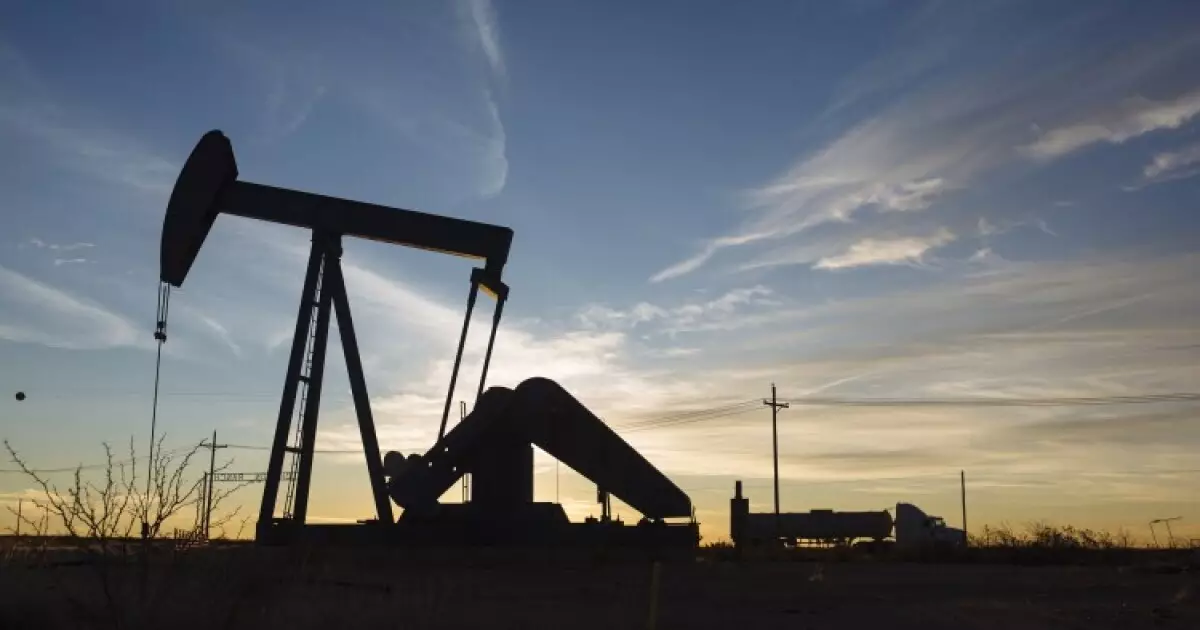In recent weeks, a significant legal confrontation unfolded in Texas, centering on a controversial law that restricts governmental contracts with financial institutions alleged to be “boycotting” the fossil fuel sector. This legislative measure, enacted in 2021, has sparked a profound legal debate that touches upon critical issues of free speech, economic policy, and the broader implications of environmental governance. The state’s comptroller and attorney general took a stance in a federal court, seeking dismissal of a lawsuit from the American Sustainable Business Council, which challenges the constitutionality of the law—setting the stage for a complex and multifaceted argument.
At the heart of this dispute is the assertion from Texas officials that the business council lacks standing to pursue the legal complaint, citing sovereign immunity as a barrier to claims against state officials. This is an important legal principle that protects the state from being sued without its consent. Furthermore, the Texas defense argues that the law in question does not infringe upon the First Amendment rights, stating that neither the act of refusing to deal with certain financial entities nor the cessation of business relationships constitutes protected speech.
The filing’s rationale is compelling in its argument: the government asserts that it is not engaging in censorship but rather is safeguarding the economic interests of Texas. By legislating against boycotts of an industry that has proven vital to the state’s economy—a sector producing an impressive $360.7 billion in economic output in 2022—the government aims to prevent taxpayer dollars from being funneled into discriminatory practices that could harm its financial standing.
The law itself has emerged as both protective and punitive, depending on one’s perspective. The American Sustainable Business Council posits that the legislation not only stifles free speech but also targets businesses seeking to make responsible investment decisions. Their legal challenge stems from a belief that the law stands in the way of ethical financial practices, particularly as climate change concerns drive many firms to reconsider their investments in fossil fuels.
The implications of the law and the ongoing legal battle are extensive. If upheld, Texas’s legislative action may set a precedent influencing similar measures in other states. There could be an increasing trend where states take action to protect specific economic sectors against perceived threats from boycotts tied to social or environmental issues.
It’s also important to note the broader economic context. The Texas oil and gas sector is a vital revenue source for the state. The staggering income from natural resource tax collections—$10.8 billion in fiscal 2022—has led to a proactive approach from state officials, aligning economic policy directly with legislative action, which complicates the relationship between economic rights and ethical considerations.
The Intersection of Economy and Social Responsibility
This dispute sparks an essential dialogue about the intersection of economic interests with social responsibility. As companies progressively align their investment strategies with sustainable practices, they often face competing pressures from legislatures determined to assert traditional industries’ dominance. In Texas, the law aims to establish clear boundaries for business conduct concerning socially-activated economic decisions.
The American Sustainable Business Council’s lawsuit claims the blacklisting of two of its members’ investment funds exemplifies a troubling trend of economic retribution against firms that align with environmentally-conscious practices. This reflects a significant ideological rift, as firms committed to socially responsible investing may find themselves at odds with governmental policies prioritizing fossil fuel economics.
Looking ahead, the legal proceedings will likely serve as a critical test for the balance between economic interests and constitutional rights. Upcoming deadlines, including the council’s response to the dismissal motion and the potential for an amended complaint, signify the ongoing nature of this legal tussle. As Texas attempts to navigate this legal landscape, many await a ruling that may redefine the limits of governmental contracts in contexts involving economic choices linked to climate and sustainability.
This case underscores a pivotal struggle not just for Texas but potentially for states nationwide as they grapple with the challenges posed by climate change, economic stability, and the evolving landscape of corporate responsibility. The tension between protecting economic interests and safeguarding free speech will undoubtedly remain a hot topic in the legal and political arenas for years to come.

